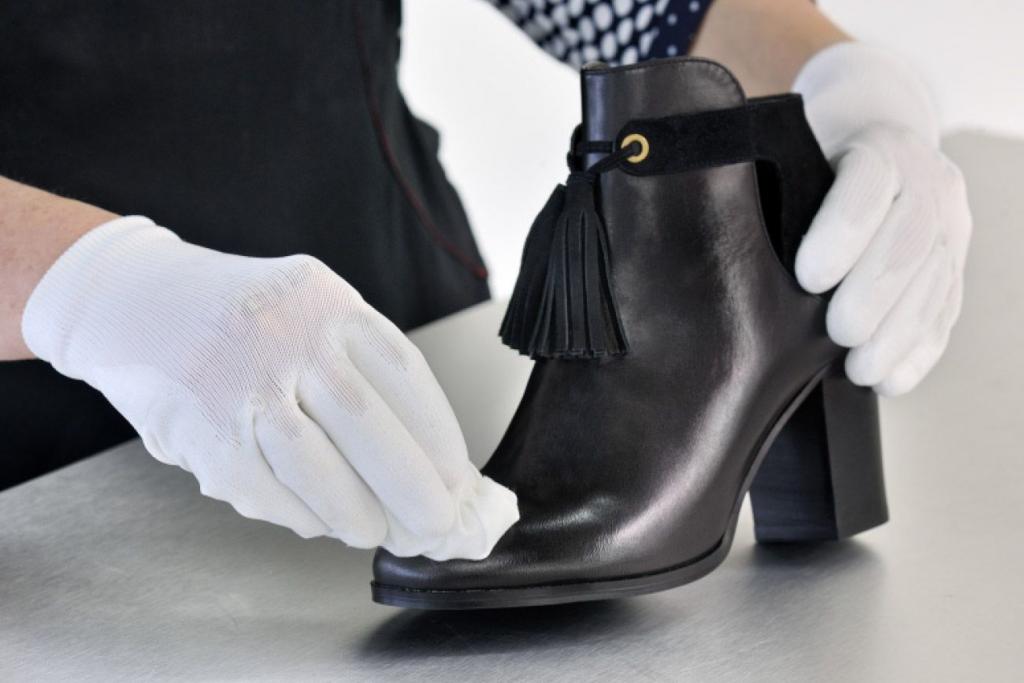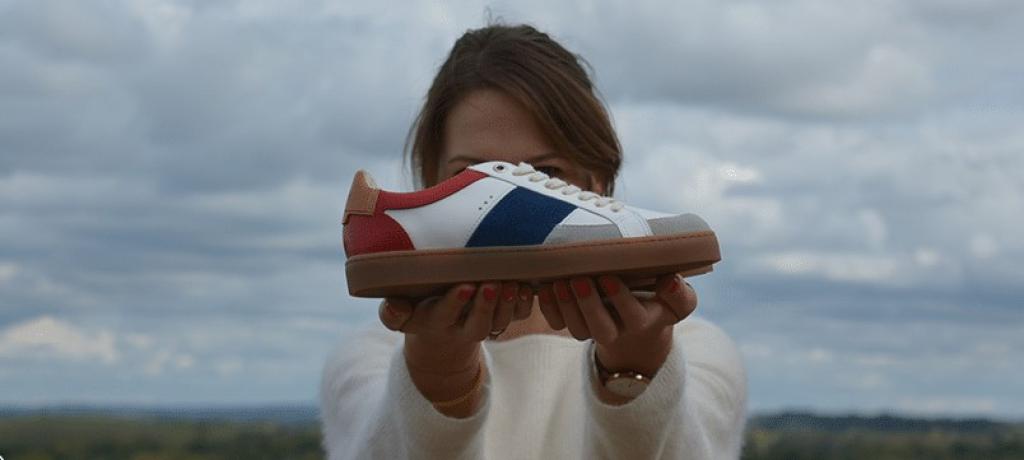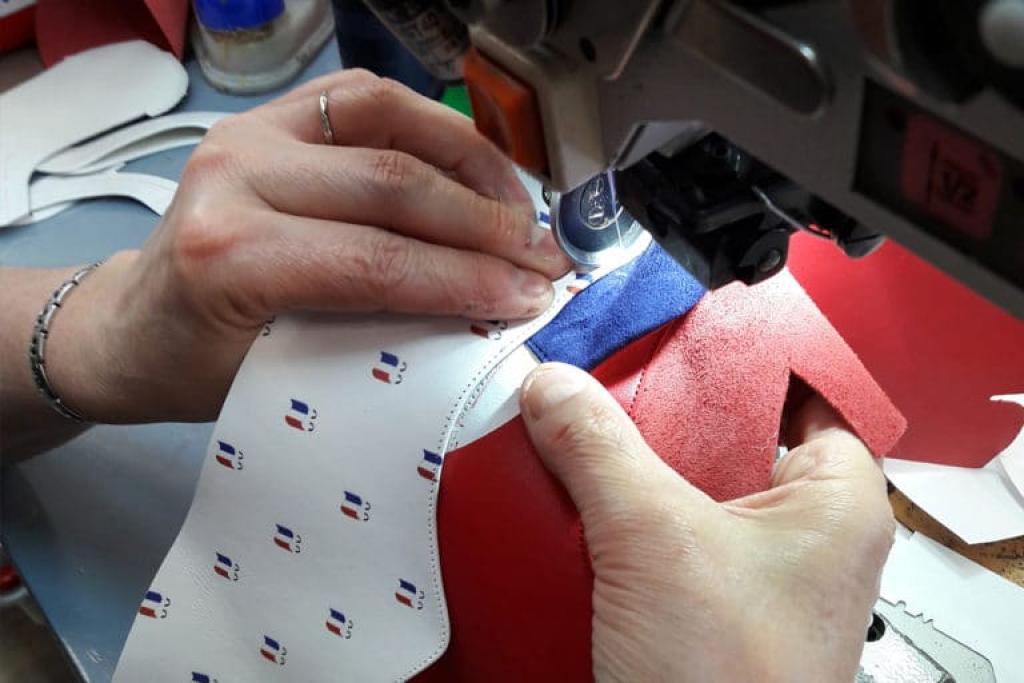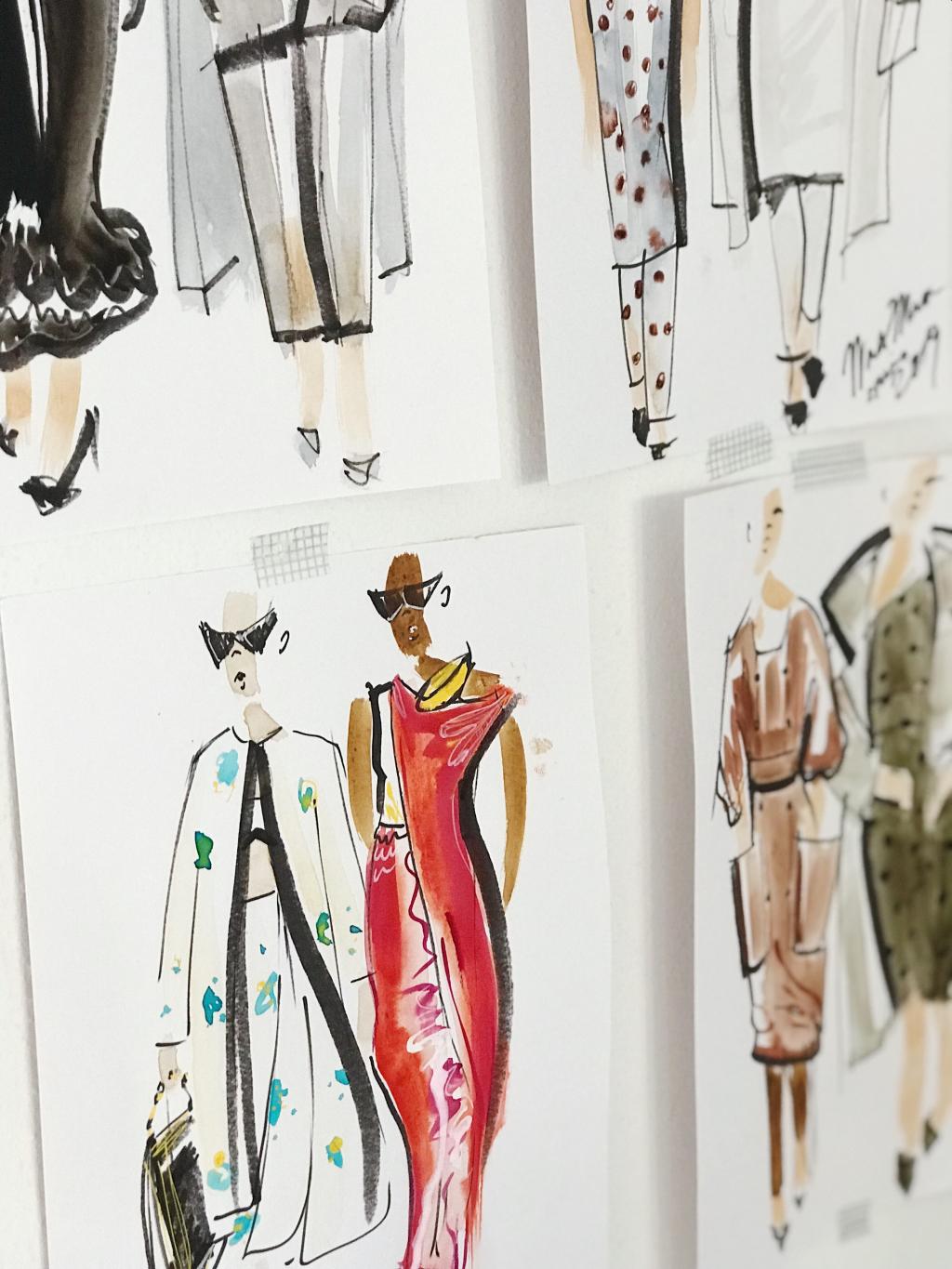
Can you briefly describe your approach?
After having always sold new products, we wanted to provide an offering that’s more in keeping with new consumer expectations: the appeal of second-hand items, the concern to make goods last (a come-back by shoe-menders has been observed), etc. The Design for Repair project originated from a desire to create footwear that could be repaired and possible to recycle at the end of life. Atelier Bocage thereby enabled footwear to be hired out for two months. Once worn, the pair is returned to us.
We remove bacteria and recondition them in our workshop, la Manufacture 49, for the second-hand market under the brand name Comme Neuve by Bocage. The second project, named Sessile, is even more ambitious. This time, items of footwear are sold, buyers can keep them for the time they want and then return them to us in exchange for a voucher. This targeted collection allows reconditioning and a specific recycling.



What working method did you use? What were its different stages?
We started by doing a competitor benchmark study. Then Refashion/Eco TLC, within the context of the Innovation Challenge’s call for project proposals, provided technical expertise. Indeed, designing footwear that fits a circular mindset, i.e., tackling the hard task of disassembling, sometimes leads to conflicting technical requirements.
So, footwear needs to be quite robust in order to last but must be easy to disassemble and it must be possible to recondition it industrially! The different materials need to be isolated in order for them to be correctly processed. Then we had to make our partners aware of the these new protocols. It was only then that we were able to test the different stages: durability, disassembly and industrial reconditioning.
Did you encounter any obstacles? And if so, which ones?
We first came up against technical difficulties. For example, glue. We needed to reformulate it so that it was both very adhesive for the footwear to last, whilst enabling the different parts to be disassembled without damaging them once the footwear had been worn.
As the footwear has been worn, the soles must be cleaned, and our laboratory-elaborated processes adapted for large volumes. Then, environmental regulations imposing material traceability, meant that we had to perform life cycle analyses and not all our partners and suppliers are familiar with this. Not everyone understands the approach. This requires support and therefore more time and coaching
What were the levers for success?
Atelier Bocage enabled us to measure consumer appeal for this approach and thereby optimise our business model. The Sessile project is promising. We set a goal of 200 pairs of trainers (via crowd funding) but have sold more than a 1000 pairs.
These examples reinforce the fact that it’s in our interest to develop new in-house tools for growth and know-how on the industrialisation of product reconditioning. Design for Repair is one of the ingredients that will feed this new growth.
Are you looking at ways to improve?
Currently, we have no control over certain items. We order them from suppliers and until now, we didn’t intend to systematically recycle them and so we didn’t have the same expectations for these materials.
We’re testing potential leads to see if we could either manufacture them ourselves, or build a process with our partners because this is a challenge for the industry. It’ll be necessary to change industrial model whilst remaining cost-effective and ensure long-lasting employment.
Thank you Gauthier Bedek, R&D Manager, Groupe Eram.
Contact : gbedek@eram.fr



